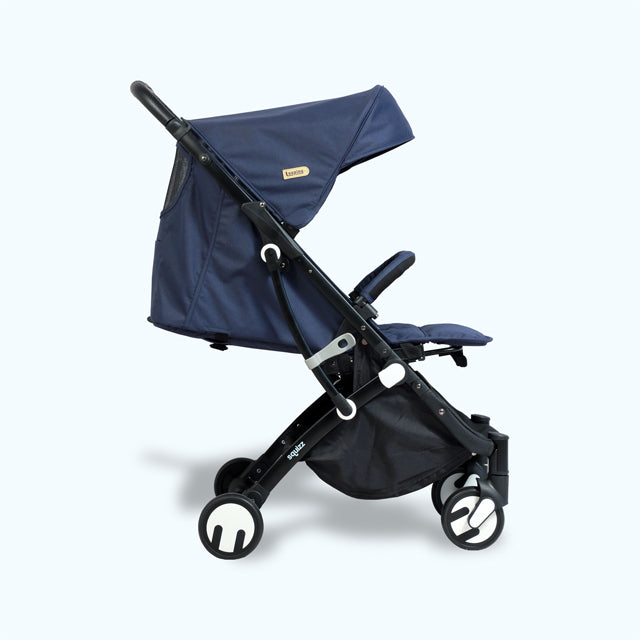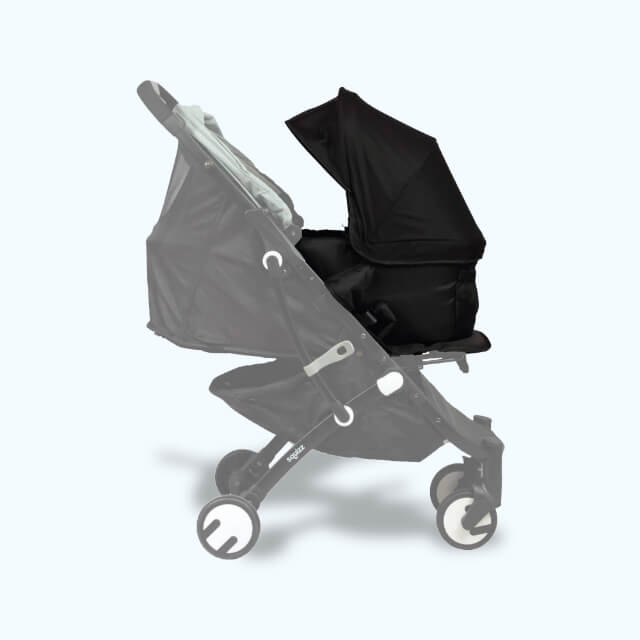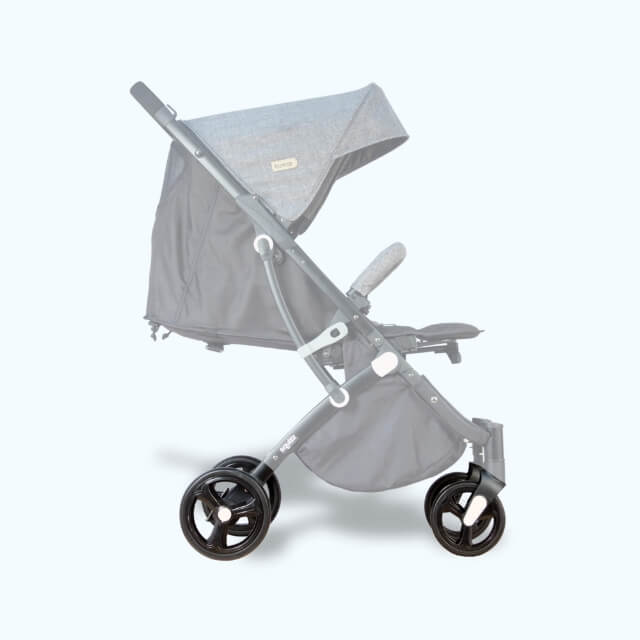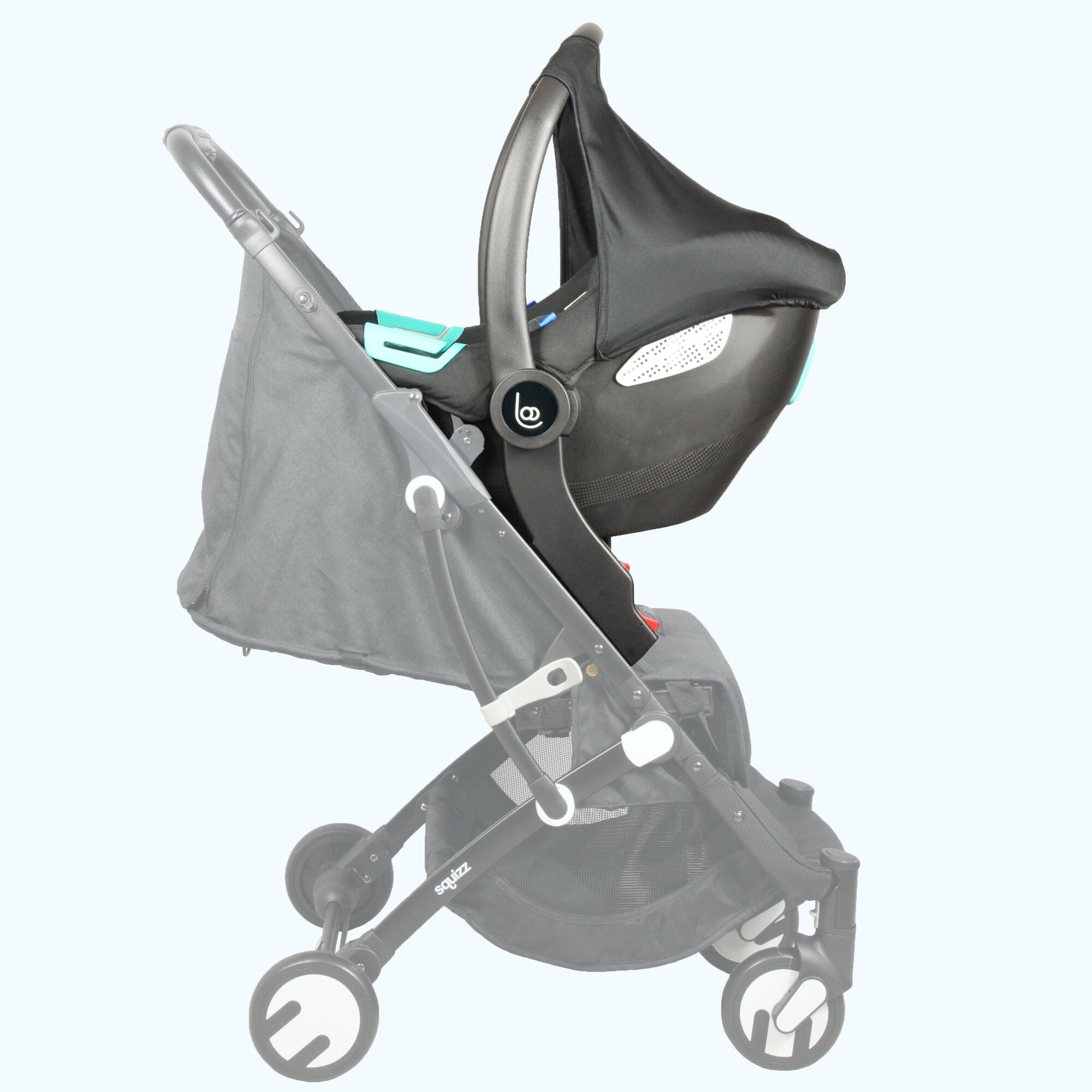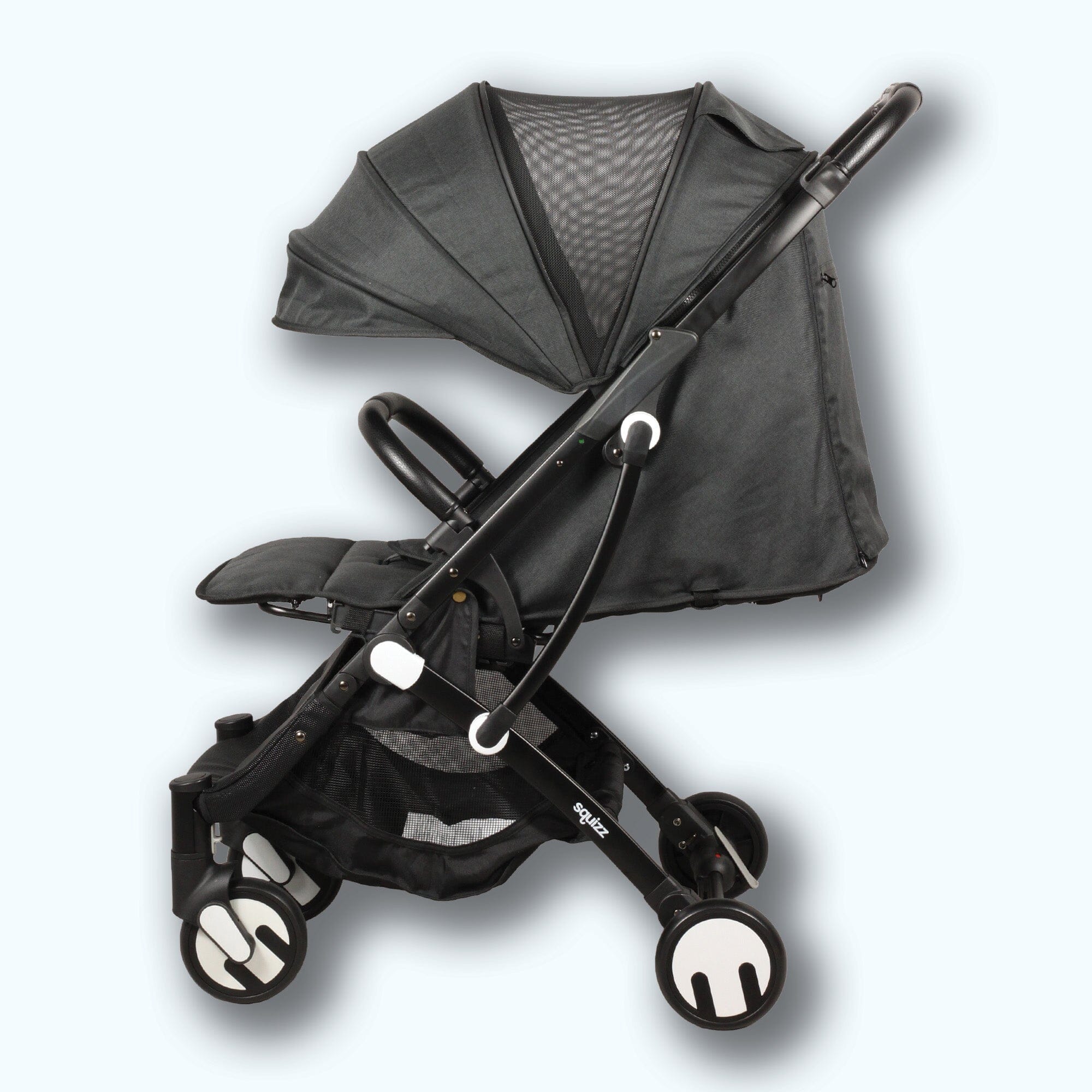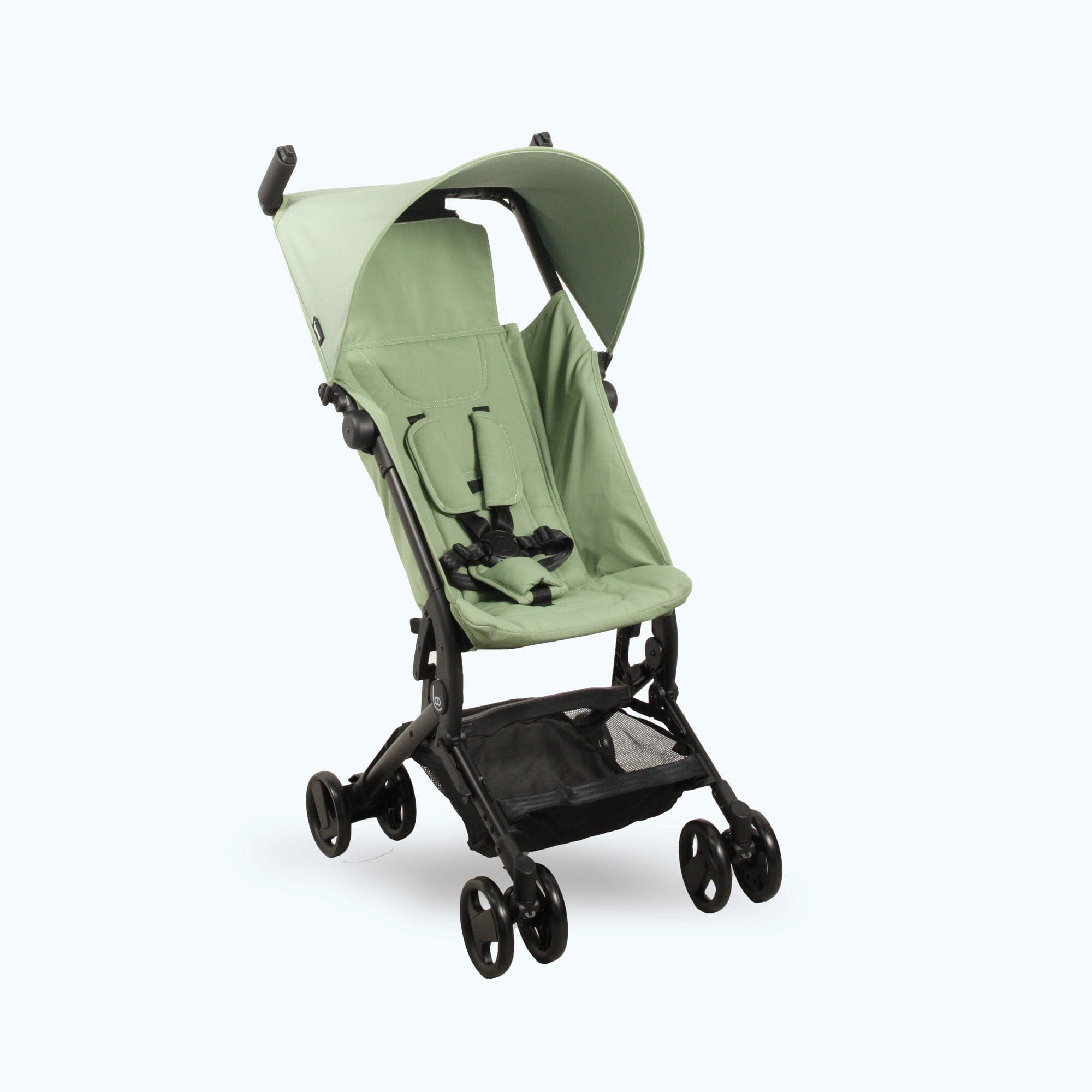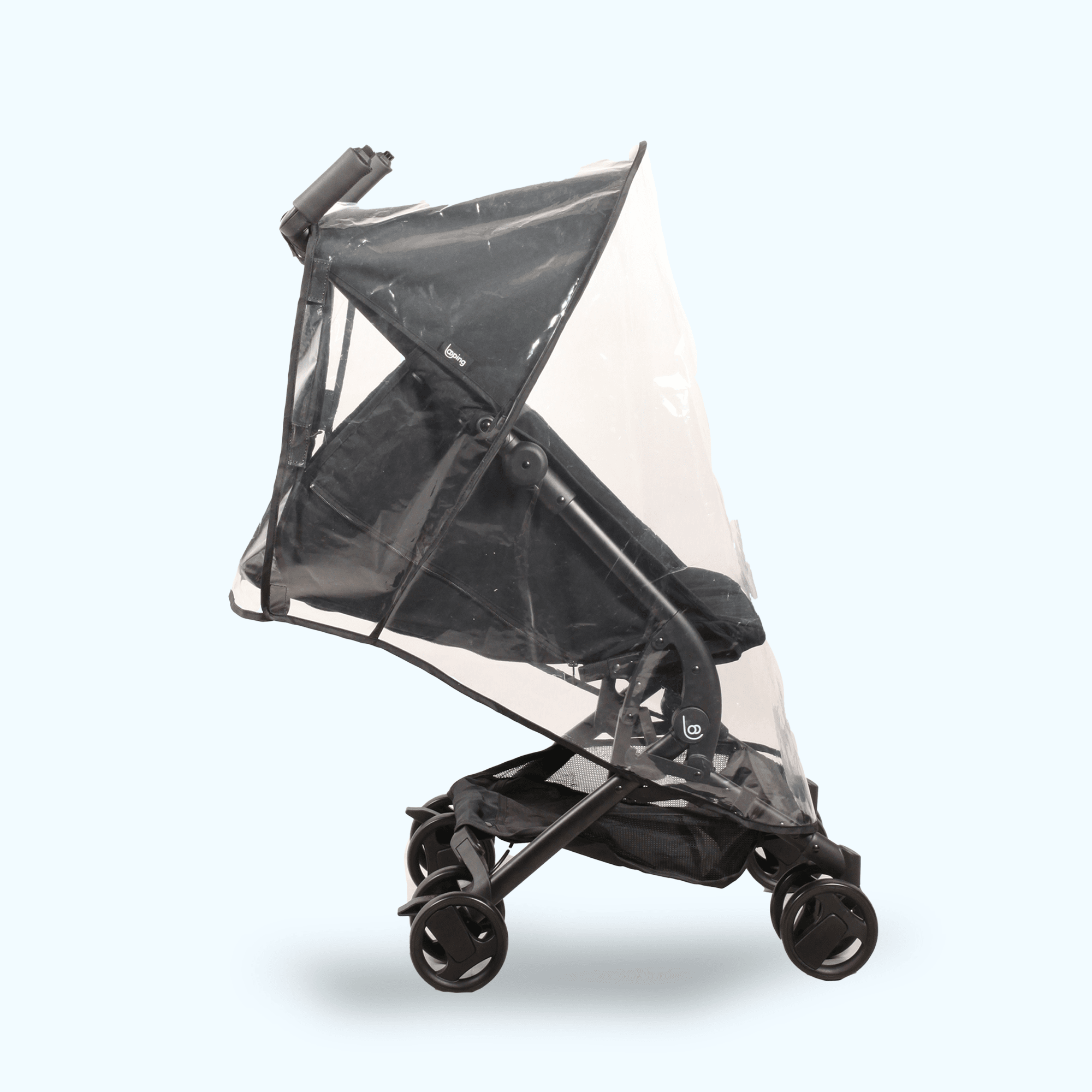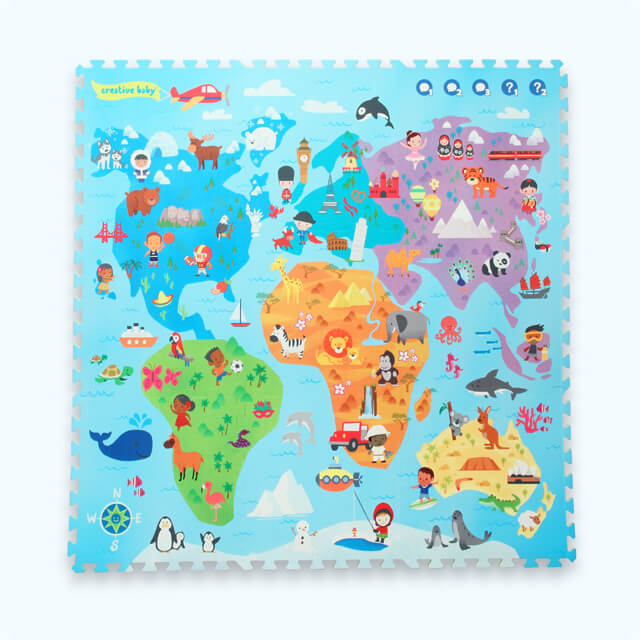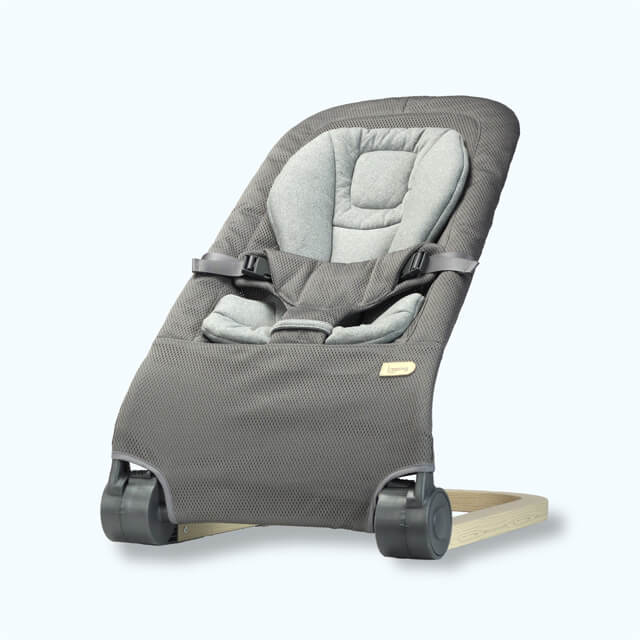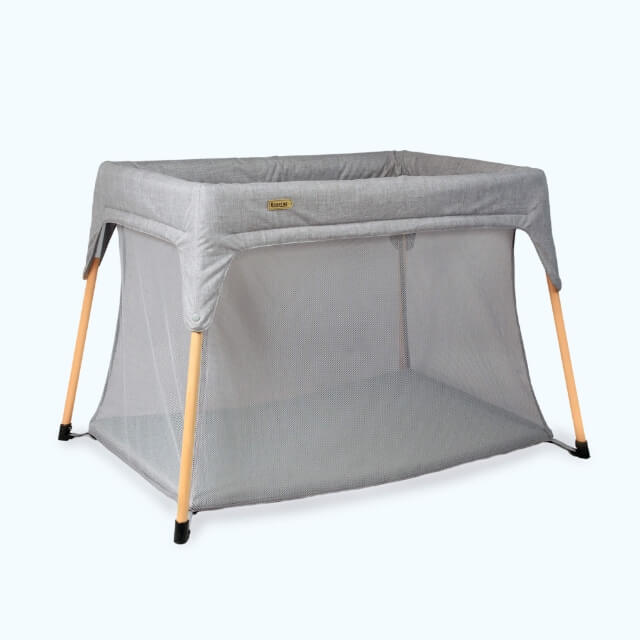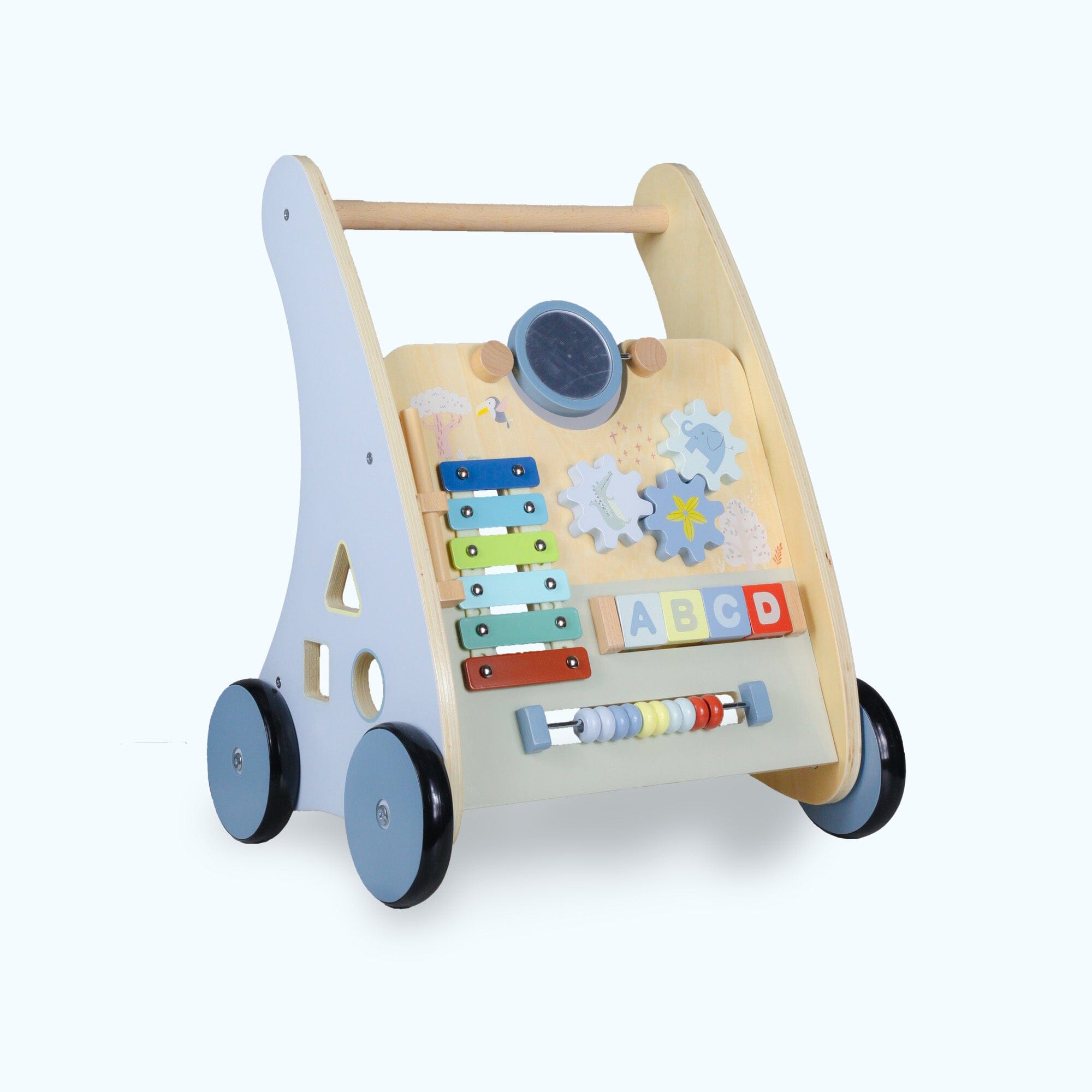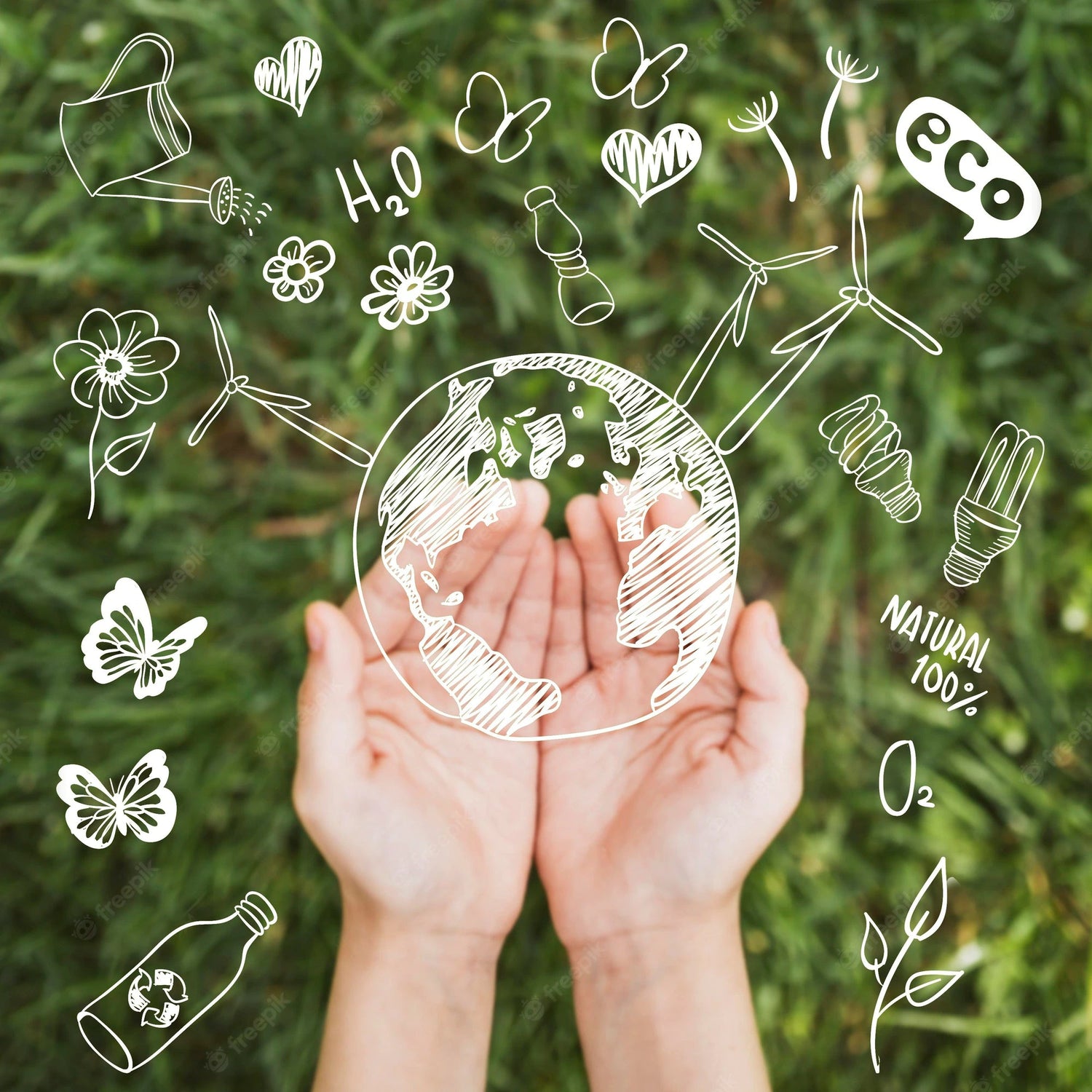Living responsibly: a much more topical subject!
No one is perfect, but it is our responsibility to do the best we can with what we have. On top of that, families have reason to feel more concerned: parents often can't help but worry about the impact of pesticides, pollutants and tons of non-biodegradable waste on health and future of their children. But sometimes it seems like protecting the land and a busy family life don't go well together. As much as you'd like to avoid using plastic bags or spending half your salary on gas, as a parent you have lunches to prepare, groceries to bring home, and often necessary trips back and forth. by car to do.
Good news ! You also have the opportunity to take new steps to be more environmentally friendly through family strategies that will help you reduce, reuse and recycle more effectively, without completely changing your lifestyle. We give you some of them.
Rinse and reuse all plastic sandwich bags from your children's meals
Reduce waste by storing food in washable plastic tupperware (and thus avoid finding crumbled biscuits at the bottom of the school bag!) So no more aluminum foil, bad for the environment and health, and cellophane. For example, choose an apple over compote. The fruits are generally delivered in their own packaging (their skin). No packaging necessary! If you absolutely want fruit juices, choose them in briquettes, the packaging is recyclable.
Nothing is better, from an ecological and economic point of view, than preparing the children's snacks yourself. On the weekend, make cooking a family activity: bake cakes or biscuits that can last for several days (shortbread, cookies, etc.). You will have enough to fill your snack boxes for a good part of the week, without additional packaging!
Use a hybrid car, or adopt good habits when driving
If it's not time to trade, help reduce greenhouse gases and save money by respecting speed limits, or by keeping your car in good working order. For example, use good quality engine oil or check that your tires are properly inflated. It also helps to reduce the weight of your car: getting rid of toys and bikes in your trunk will reduce your fuel consumption. Also, don't think that you necessarily need air conditioning on hot days. Lowering the windows can give you relief and doesn't use gas.

Make smart trips!
Do your shopping nearby on foot or by bike. Since short car trips are the most polluting and gas-intensive, combine your trips whenever possible. Make a plan from your to-do list: For example, could you return the books from the library by going to the dry cleaners before picking up the kids, then go to the supermarket before going home? And if possible, why not try having a car-free Saturday and see what you can accomplish using just strollers and bikes?
Recycle every can, bottle and piece of paper and fertilize your garden with composted scraps
You can recycle your boxes and bottles yourself and make collecting them a family project. When composting, scatter food scraps (except meat, dairy, cooking oil or grease) around the garden to provide nutrients to plants. This gesture alone would reduce household waste by 30 to 40% per year and per person. If you don't have a garden, check with your municipality to find out if you have collective composting near you.
Give up toxic cleaning products
Yes, these powerful cleaners can make cleaning faster and more convenient. But the bad news – for your health and for the planet – is that they release harsh chemicals into the atmosphere. But rather than giving up on these products, simply replace them with non-toxic cleaners. Consider using vinegar diluted in 25% water to clean windows and mirrors, for example, and try baking soda to scrub your oven, bathtub, and sinks. You can also try plant-based cleaning products, especially on floors, where little ones crawl and are more likely to ingest chemical residue. Save paper by using reusable cloths to get rid of dirt.
Good use of water and energy
The best thing to do would be to save water and energy by washing your dishes by hand and wearing your clothes several times before washing them, to cut down on washing machines. It would be reasonable if… a) washing dishes was a quick task and b) kids knew how to stay clean for more than five minutes. Instead, be eco-friendly by doing big loads of laundry and only running the dishwasher when it's full. Choose unscented laundry detergents and dishwashing detergents, which contain fewer chemicals and make wastewater less toxic.
Reduce waste
This may be through lots of small actions that seem trivial, but remember: one small step for man, one big step for humanity!
-
Use each piece of paper twice. For example, a letter with typos becomes a sheet of drawing paper for children.
-
Shop at the supermarket smarter - buy products in family sizes to reduce packaging, for example. When you're done unpacking your groceries, keep the bags and reuse them. For example, to line your trash cans or your litter box. Otherwise, use tote bags.
-
Ditch the paper trail. Is your house littered with notes about doctor's appointments and parent-teacher conferences? Skip the notepads and write everything down on a dry erase board. This way the whole family stays informed.
-
Order wisely. Can't cook tonight? Make sure nothing more than your food is delivered. When you call, ask that there are no napkins, plastic utensils, pre-packaged condiments, sauces that you will not eat (...). On Ubereats, don’t check the “request cutlery” option if you have some at home, of course 😉
-
Limit digital pollution: put an end to the over-consumption of technological devices (smartphones, personal computers, televisions, etc.). Keep them for at least seven years, and buy reconditioned ones. Only own what is essential: no, you don't need three tablets and four computers in your home! Indeed, over-consumption of gadgets in general is a major contributor to carbon emissions. In the same vein, turn off your box and other electronic devices when you are not using them. Also delete unnecessary emails and avoid storing too much data on your devices. And yes ! Storing millions of unnecessary photos, videos and emails on servers around the world creates a carbon footprint as large as that of the airline industry .
-
The clothing and textile industry is responsible for more greenhouse gas emissions than international aviation and shipping combined, and the rise of fast and disposable fashion is accelerating this trend. Lower prices often mean lower quality clothing that doesn't last as long. So our little advice: consume less, but consume better! Second-hand clothes can also be the solution (there is a wide choice of children's clothing on Vinted). In the same spirit, rather than throwing them away, consider giving your clothes a second life. We give, we sell, we repair...
You now have the keys in hand to reduce your waste production. Nobody said it would be easy , but everything is for the best!
If you have read this article, it is because the environmental issue concerns you. We therefore invite you to take an interest in the Scootizz: a 5 in 1 balance bike that lasts over time and thus avoids the overconsumption of toys. Focus on the useful, and combine learning and fun with a single toy for young and old.
Come discover more right here .
https://www.parents.com/parenting/better-parenting/green/ways-to-protect-the-earth/
http://www.slate.fr/story/218094/stockage-photos-videos-pollution-emploi-carbone
https://www.consoglobe.com/zero-dechet-gouter-enfants-cg
https://www.quechoisir.org/conseils-dechets-comment-reduit-ses-dechets-menagers-n1613/
